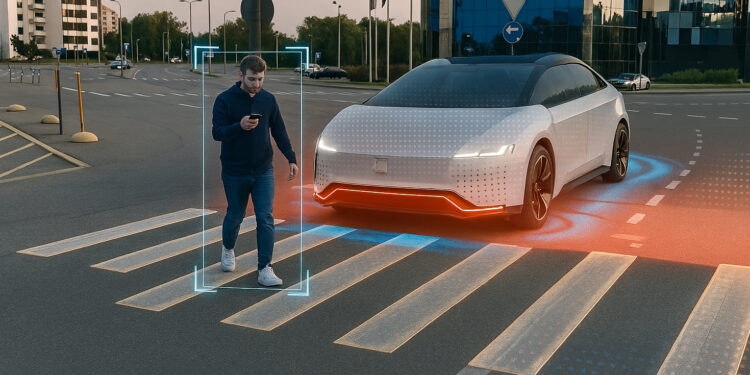Artificial Intelligence (AI) has become a cornerstone of modern digital experiences, reshaping the way people interact with technology. One of its most significant contributions is in delivering personalization at scale. By analyzing user behavior, preferences, and real-time data, AI systems are able to create highly tailored experiences—from personalized shopping recommendations to customized fitness and health plans.
Hyperrealism is another frontier where AI is pushing boundaries. Advances in machine learning, deepfake technology, and generative AI are making digital interactions feel startlingly real. Whether it’s lifelike avatars in virtual meetings, hyper-detailed environments in gaming, or AI-generated art and voices that mimic human creativity, the line between reality and simulation is becoming increasingly blurred.
Industries are rapidly adopting these capabilities. In entertainment, AI enhances storytelling through hyper realistic visuals and immersive character experiences. In healthcare, personalized treatment plans are being designed based on AI’s predictive analysis of patient data. Even in marketing, AI is enabling brands to speak directly to individual consumers in a voice that resonates with their unique needs.
Looking ahead, the fusion of personalization and hyperrealism promises a future where digital experiences not only reflect but anticipate human desires. While ethical and privacy considerations remain crucial, AI’s role in crafting meaningful, lifelike interactions will continue to grow exponentially.


